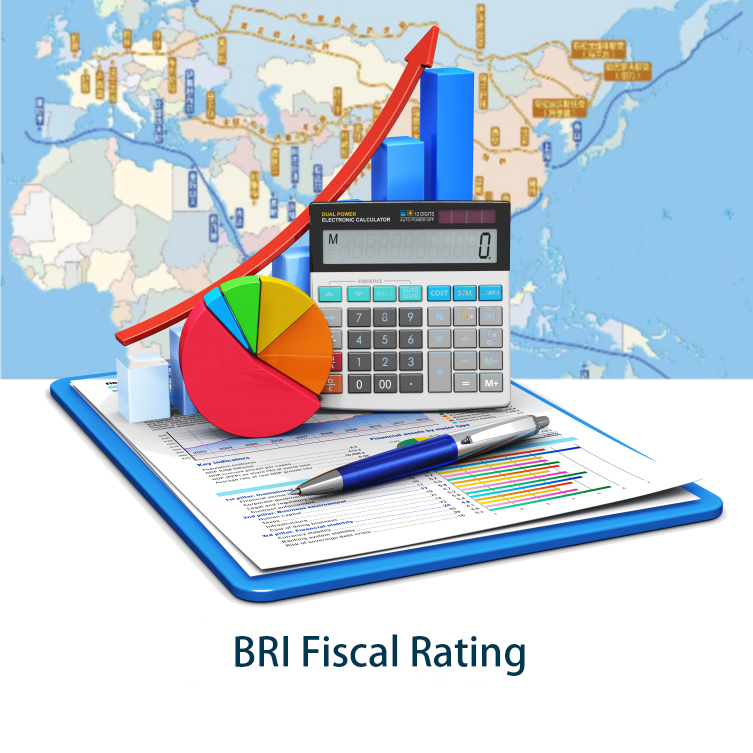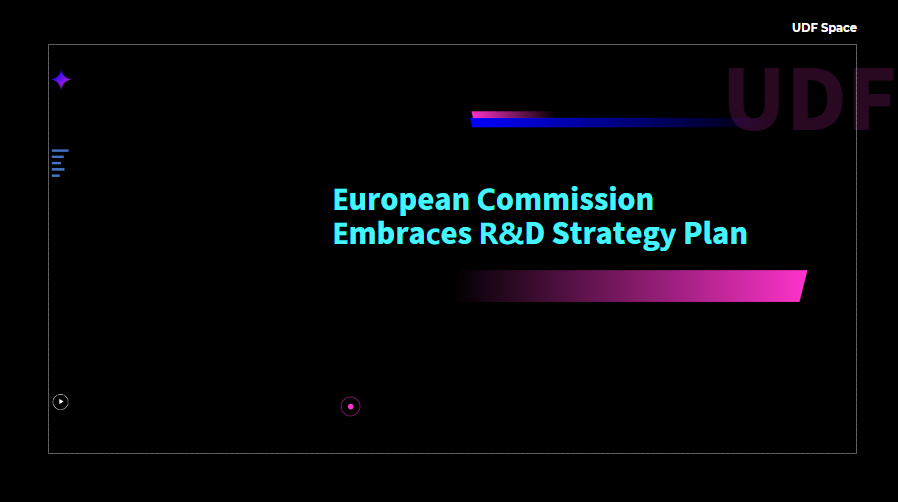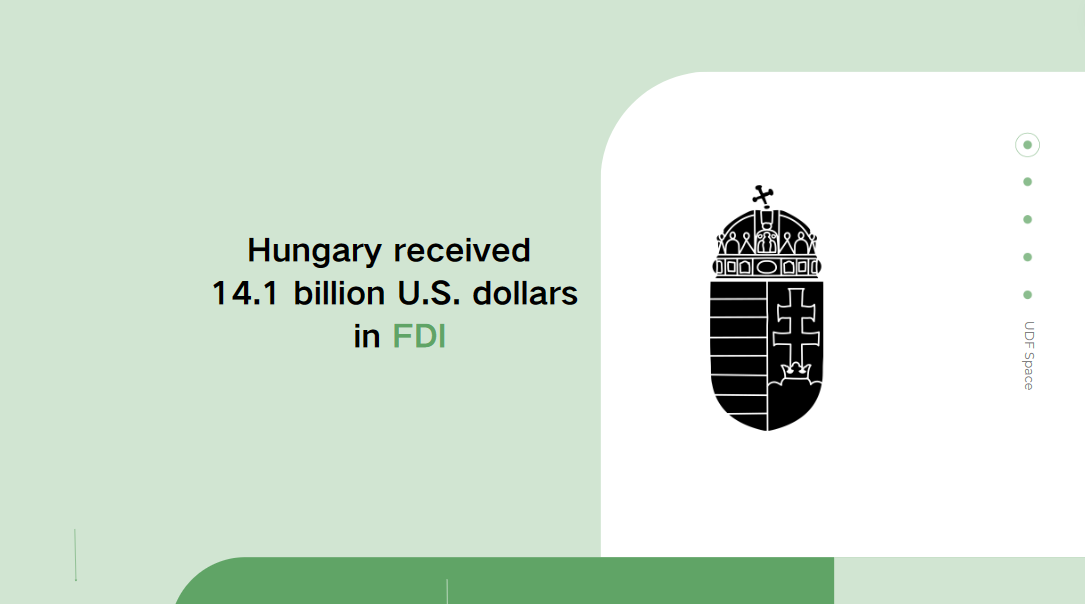GHANA'S TAX POLICY EXPANSION INVOLVES TAXING THE GIG ECONOMY AND CONTENT CREATORS
The Ghana Revenue Authority (GRA) has announced measures to tax foreign income earned by Ghanaian residents. This applies to any resident who has lived in Ghana for 183 days or more in a year. Ghana’s Commissioner General Julie Essiam clarified that this is not a new tax, but rather an expansion and stricter enforcement of the existing tax regime. This decision will particularly impact Ghanaian content creators and influencers.
Many creators generate income from foreign platforms like YouTube, Google, and X. While there’s no official data on Ghanaian YouTube creators specifically, Data Reportal suggests YouTube penetration in Ghana is around 80%. These platforms often pay creators through affiliate programs or ad revenue sharing. Previously, these content creators and influencers could have easily escaped taxation. The payments often originate from companies based outside the creator’s country. Platforms like YouTube are usually not obligated to report individual creator earnings to tax authorities in every country. This creates a blind spot for tax collection agencies. With the tax policy expansion, these creators will become subject to Ghanaian taxes, as long as they are considered residents. The policy extends beyond creators. Freelancers who earn income from remote work in foreign currencies will also be impacted. Their foreign income would be taxable as long as they are considered Ghanaian residents based on the 183-day rule.
Effective tax collection can be complex, especially for individuals with varying income streams and those working for multiple foreign companies. The GRA may face challenges in tracking and enforcing tax collection on foreign income, especially from smaller earners. Currently, the specific details of how the GRA intends to implement this tax are unknown. However, data from PwC suggests Ghanaians will be taxed based on income brackets and their chargeable income, which is the amount of income left after subtracting any allowable deductions from their total earnings. For example, if a Ghanaian content creator earns a chargeable income of GHS 10,000 (between GHS 5,880 and GHS 7,200), they would pay a flat tax rate of 5%. But as their income increases and falls into higher brackets, the tax rate also increases.
Ghana also utilizes a progressive tax system, meaning those with higher incomes pay a higher proportion of their earnings in taxes. This also suggests that the impact of this policy is likely to be unevenly distributed. Big-name influencers with substantial foreign earnings will likely feel the financial pinch more acutely. However, for smaller creators with more modest incomes, the tax burden might be less significant. The GRA must provide clear guidelines on how creators, influencers, and freelancers should declare and pay taxes on their foreign earnings.
Ghana isn’t the first African country to find a way to tax content creators. In February Nigeria announced its attempt to tax content creators, the Corporate Affairs Commission (CAC) and the Federal Inland Revenue Service (FIRS) declared their intention to register and regulate content creators under the Company and Allied Matters Act (CAMA) 2020. The Act requires that any business, whether carried on by an individual or a company, must be registered with the commission. Last year, Kenya also proposed a Finance Bill 2023 that demands taxing digital content creators. Unsurprisingly, the proposed 15% withholding tax, significantly higher than the 5% rate for professional services, sparked significant debate.
However, unlike some of these other countries, Ghana offers advantages for skilled workers, such as stable electricity. According to the World Bank Ghana’s electrification rate reached 86.63% in 2022. Although news reports suggest that power outages can still occur in some areas of Ghana, particularly rural regions, generally, Ghana has improved electricity access. There is also the potential for future social safety nets as formalizing the gig economy could incentivize some Ghanaians to stay. Ghana’s decision to tax the foreign income of residents is an attempt to improve tax compliance and generate additional revenue. The World Bank has urged governments to adopt tax systems that are inclusive and adaptable to the digital age. It could also be a step towards formalizing the gig economy. However, it is crucial to address implementation details and potential challenges to ensure a smooth rollout and minimize disruption to the growing creator community in Ghana.T






















































First, please LoginComment After ~